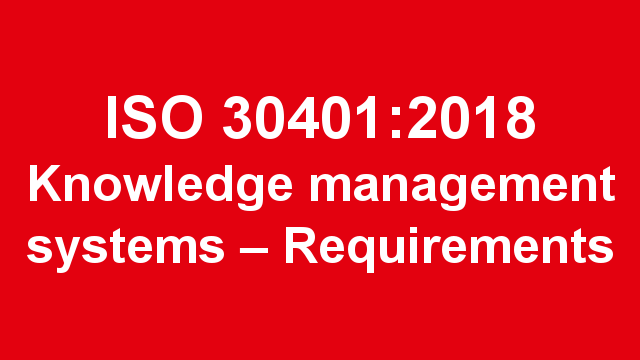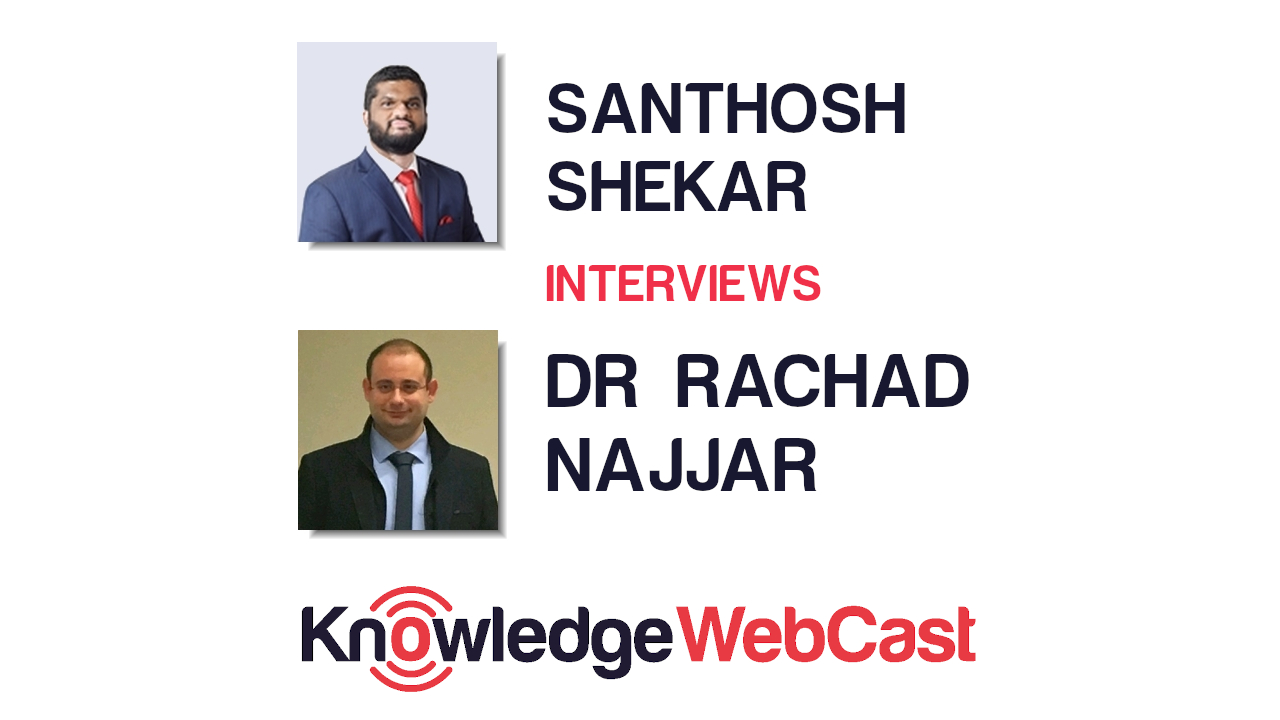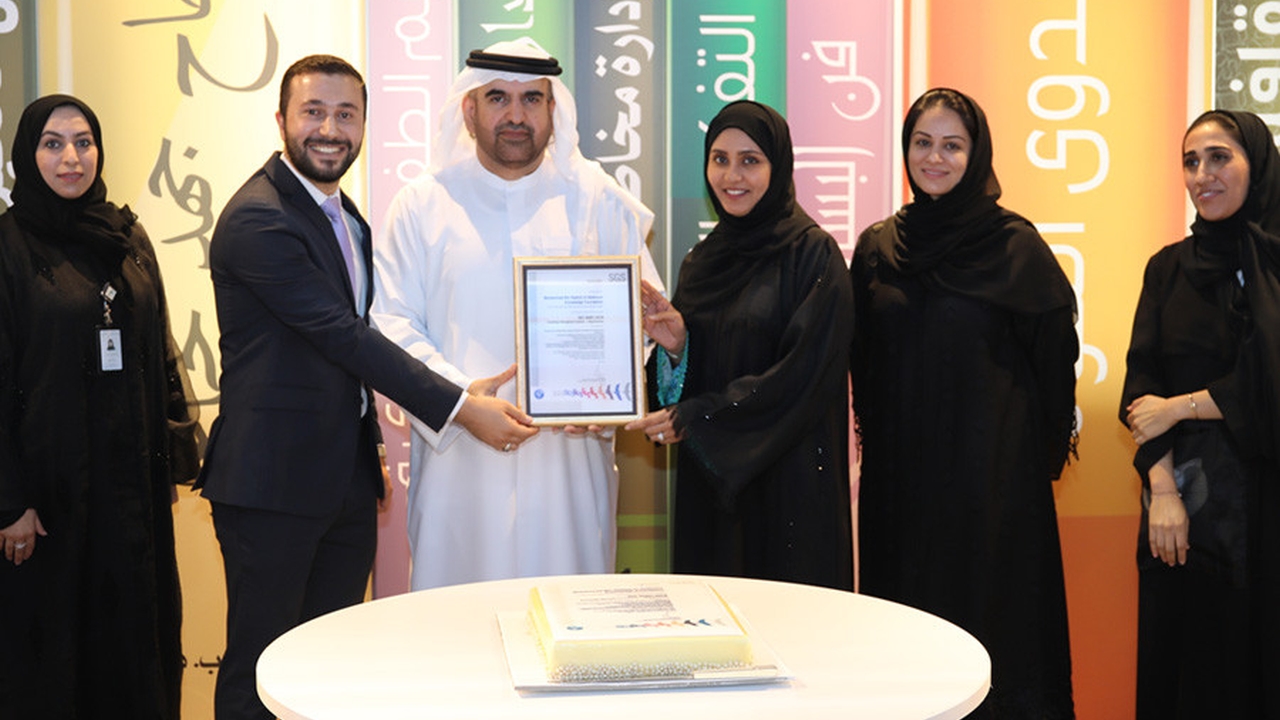
Are you standard? Aligning knowledge processes with current international and national standards
A seminar hosted by RealKM Connect in January 2017 provided guidance on aligning knowledge processes with current international and national standards. This article has been adapted from introductory information given to participants. It also forms part of a series of articles discussing the new international knowledge management (KM) standard, ISO 30401 Knowledge management systems – Requirements.
As a relatively new management discipline, knowledge management (KM) is still defining itself. The proliferation of books, blogs, conferences, and workshops and a rising groundswell of conversation contribute to enhanced understanding and the development of knowledge management both within the KM community and in the world beyond.
Formal standards regulate many other disciplines, such as project management, communications, and accountancy. In these fields, member-strong professional associations and the published standards determine the practical application of each discipline to their own organisational settings.
However, there are few published standards available to the knowledge management community. The current standards are:
- Australia (2005), AS 5037-2005 Knowledge management – a guide (withdrawn)
- Britain (2001), British Standards Institution PAS 2001 Knowledge Management: A Guide to Good Practice
- Europe (2004), CWA 14924-1:2004 European guide to good practice in knowledge management. Knowledge management framework
- International (2015), ISO 9001:2015 Quality management systems, which includes the new clause 7.1.6 Organisational knowledge
- Israel (2011), SI 25006 Knowledge Management System
The British and Australian Standards, both of which are over 10 years old, are considered guides rather than best practice, and as Nick Milton has pointed out, represent the immaturity of the discipline at the time.
The purpose of the British Standards Institution knowledge management initiative, which launched the PAS Guide to Good Practice in 2001, was to “demonstrate the informed clarity that will allow business, government and other organisations to carry out assessments and make decisions through an impartial review of the differing aspects of Knowledge Management, coupled with an understanding of the context within which they may occur.” A PAS (Publicly Available Specification) is a document that standardizes elements of a product, service or process.
One of the biggest challenges for these standards and the initiatives which will replace them is defining a solution which is both prescriptive and flexible enough to encompass business, government and organisations.
Since the early 2000s when these documents were crafted, knowledge management has matured with a large chorus of practitioners emerging from their organisations to share their experience, practices, and innovative solutions with growing ranks of fellow professionals.
The next step is to move from guidance to standardisation, assuming that we are agreed as a discipline on what we do, and that we are in a position to consider how we do it and how that might be standardised.
The publication of ISO 9001:2015, which includes a new clause on organisational knowledge, has clearly signalled knowledge management’s arrival, albeit as a clause in a larger international standard. As Ian Fry states in a previous RealKM Magazine article, “For the first time, one of the global business standards explicitly mentions knowledge as a resource, and specifies expectations for the management of that resource.”
The requirements of ISO 9001:2015 clause 7.1.6 Organisational knowledge are:
The organization shall determine the knowledge necessary for the operation of its processes and to achieve conformity of products and services.
This knowledge shall be maintained and be made available to the extent necessary.
When addressing changing needs and trends, the organization shall consider its current knowledge and determine how to acquire or access the necessary additional knowledge and required updates.
Knowledge management is ripening, and indeed is ripe for an international standard which will articulate and synthesise a global standard of best practice for practitioners. As Nick Milton stresses, “I would suggest we know enough now to be able to define—not a standard set of practices—but a standard set of principles for the good management of knowledge. The challenge will be making this generic enough to apply to all scales of organisation and to all industries.”
See also: An evidence-based approach to ISO 9001:2015 Clause 7.1.6 Organisational knowledge.




